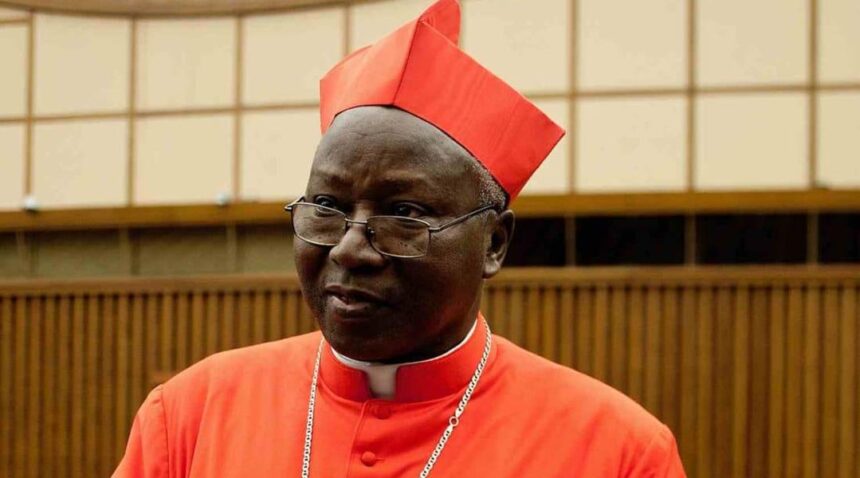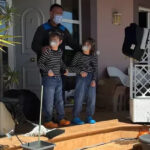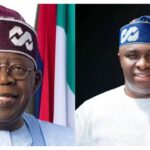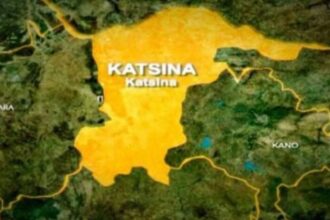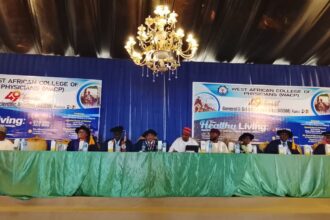An African cardinal may be excluded from the conclave to elect a new pope due to confusion over his age.
133 cardinal electors are expected to gather at the Vatican’s Sistine Chapel, which will be closed to the public during the conclave.
One of those hoping to be present is Cardinal Philippe Ouédraogo from Burkina Faso. However, uncertainty as to his exact age could see him barred from taking part in the conclave.
Currently, there is confusion as to whether the Cardinal was born on January 24, 1945, which would make him 80 years old, or on December 31 of that year, which would make him 79.
The difference is crucial because only cardinals under the age of 80 are allowed to vote for the new pope.
Ouédraogo is seen as a conservative whose vote could boost traditionalists keen to rescind some of the inclusive policies introduced by Francis.
These included blessing single sex marriages and showing tolerance to gay people within the Catholic Church.
The African cardinal’s birthdate was registered as January 24, 1945 in last year’s Vatican yearbook – meaning he is now 80.
Additionally, the Catholic Cathedral in Burkina Faso’s capital posted birthday congratulations on its Facebook page on that day.
However, Ouédraogo’s birthday is listed as December 31, 1945 in this year’s edition – meaning he is 79.
The cardinal claims the reason for the discrepancy is due to the circumstances of his upbringing.
“In my village, there were neither hospitals nor schools. I was born at home and was not given a birthdate,” he said recently.
He said that January 25 was randomly chosen for bureaucratic reasons, when he entered his seminary.
Ouédraogo added that Burkina Faso’s national registry office later assigned him the date of December 31, a common practice for people in the West African country whose exact birthdates are not known.

